The Paris Olympics might be scheduled for 2024, but they are already feeling the economic fallout from the coronavirus pandemic that has seen this year’s Tokyo Games postponed by a year to 2021.
“There will be better days to come, that’s for sure,” says Denis Masseglia, president of the French National Olympic Committee.
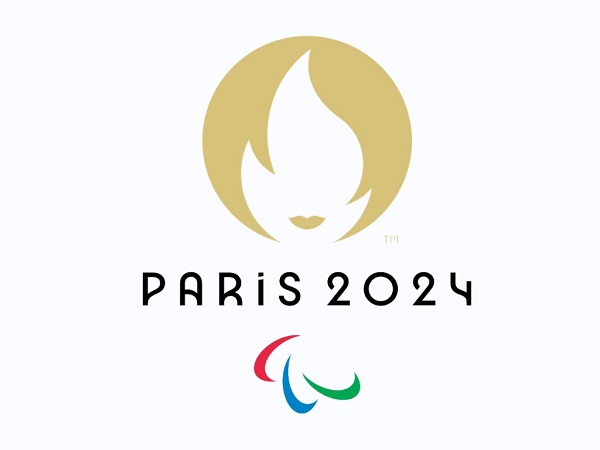
Masseglia has acknowledged that the outlook for organising committee head Tony Estanguet is “not looking good”, due to the COVID-19 outbreak, the subsequent postponement of the Tokyo Games and “concern over the economic recovery coupled with a possible second wave” of coronavirus cases.
But four years out from the opening ceremony in Paris, Estanguet refuses to be pessimistic.
“This project presents the possibility of showing off an enthusiastic France which will welcome the world,” the three-time Olympic gold medallist in canoeing said Tuesday.
More Expensive?
The current economic reality is that the organising committee will have to make some cuts as key revenues from sponsors are expected to be smaller that initially forecast.
Paris’ first Olympics since 1924 are set to have a budget of 6.8 billion euros ($7.71 billion) with Estanguet’s local body covering 3.8 billion euros of the cost of which some 1.1 billion euros is to come from sponsors.
“We know this was an ambition that was fairly cautious. Today, it becomes a real ambition that we will have to seek,” acknowledged Estanguet, adding that “between 30-40 percent of the target had already been met”.
Construction has also been hit, with Solideo, the public company expected to start work in 2021 on big projects such as the Olympic Village, which will house 10,500 competitors, expected to raise its bill due to related building costs.
A prime example is the Aquatic Centre, which will be constructed just opposite the Stade de France, the existing main stadium for the Games north of Paris. The cost of the swimming venue had risen sharply from 113 million euros to 174.
buy lasix generic rxbuywithoutprescriptionrxonline.com/lasix.html over the counter
7 million euros by the end of April.
Given the long history of Olympic budgets going well beyond their initial estimations, one source was clear about what had to happen.
“Either we increase the budget” for Solideo, which amounts to 3.0 billion euros (including 1.5 billion euros of public funds from the state) “or it will be necessary to make some cuts to the projects”, the source said.
Nnorthern Legacy
One of the most telling announcements for Paris organisers came in December, when the Pacific island of Tahiti was unveiled as host of the surfing competition and the iconic Place de la Concorde in Paris revealed as the venue for “urban sports” such as sport climbing, three-on-three basketball, BMX freestyle, breakdance and skateboard, guaranteeing broadcasters some dream images.
But now, Estanguet is warning that the whole of the project is under review and “there will maybe be a game of musical chairs” when it comes to venues.
With that game, however, comes potential political drama between the organisers and the Seine-Saint-Denis department, the poorest in metropolitan France but around which much of the Olympic legacy planning has been based — and promised — echoing the approach that the 2012 organisers took with Stratford in east London.
“The heart of the Olympic Games is in Seine-Saint-Denis, and it’s a condition of the commitment of Seine-Saint-Denis in this project,” Stephane Troussel, head of the department’s council, told AFP.
“There is no question of stripping our area of the tangible and intangible legacy of the Games.”
Source: AFP
Note: Story is not edited by SportsMirchi staff. This is auto-generated news from news agency.

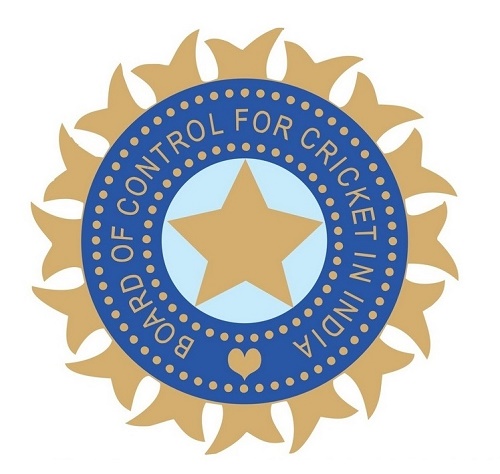

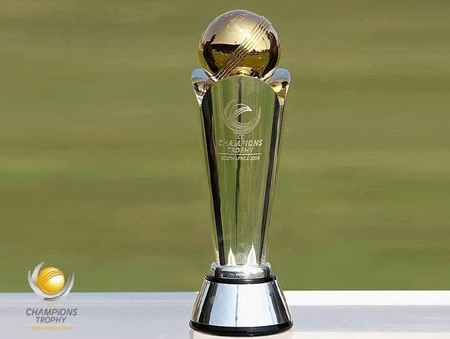

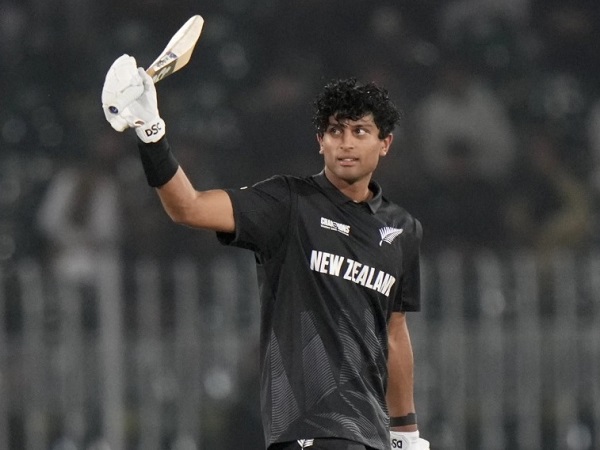
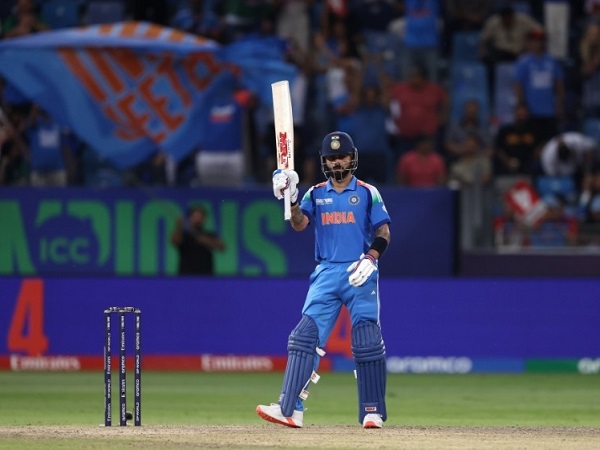
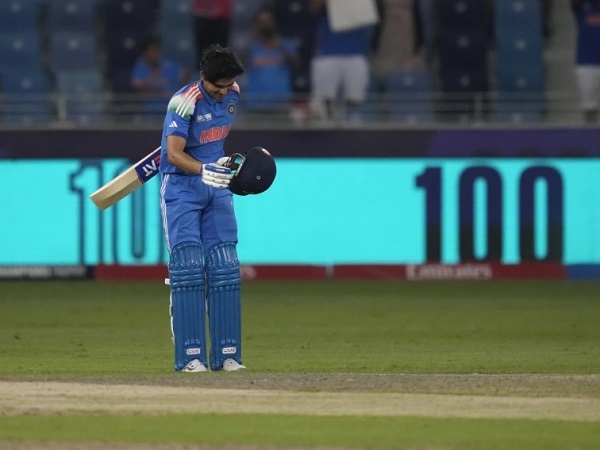

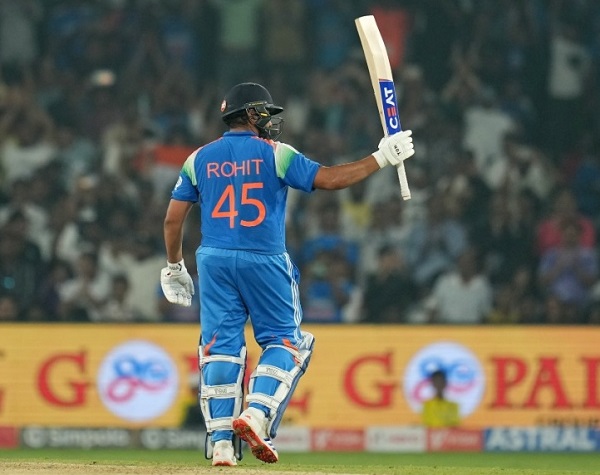
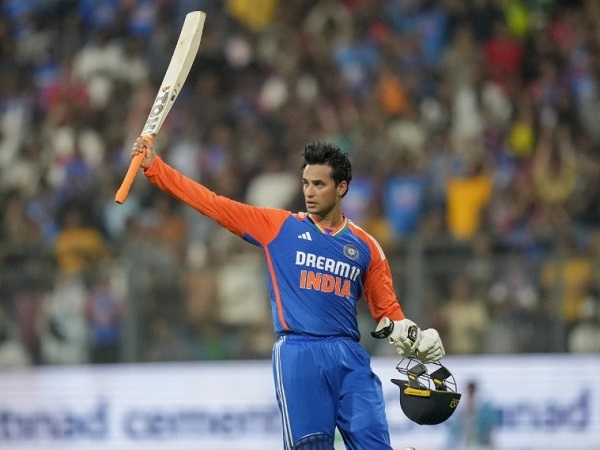

Leave a Reply